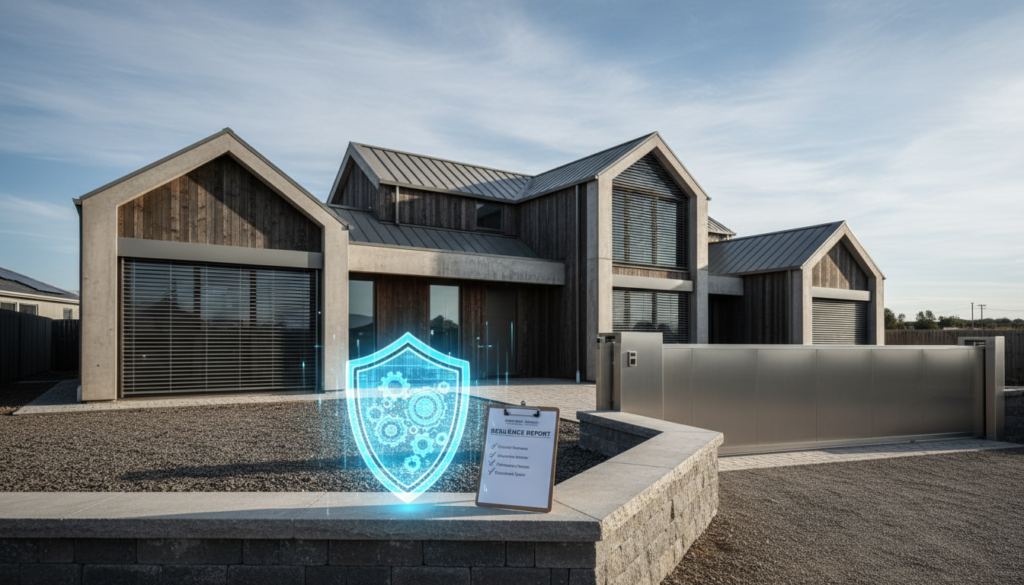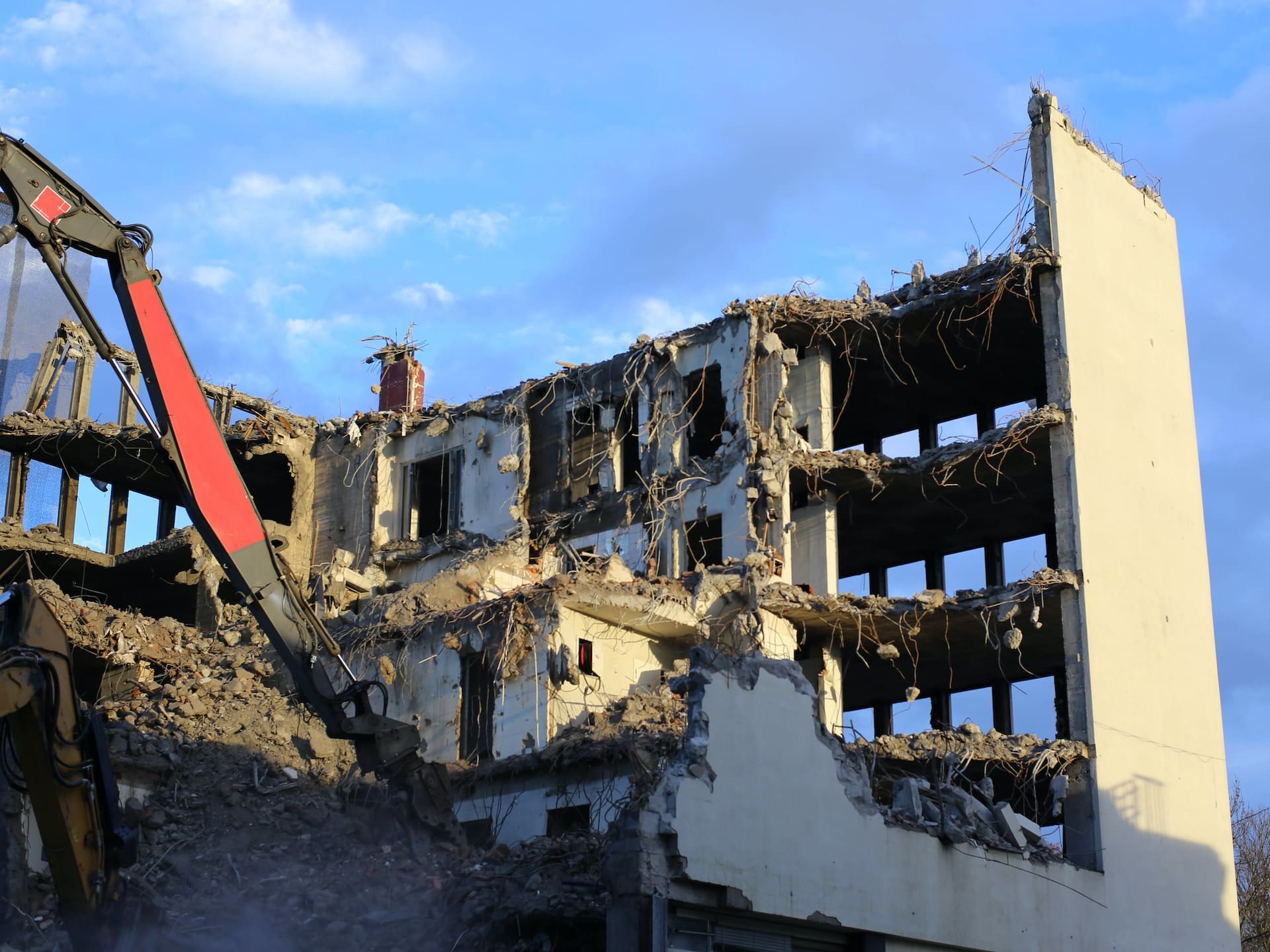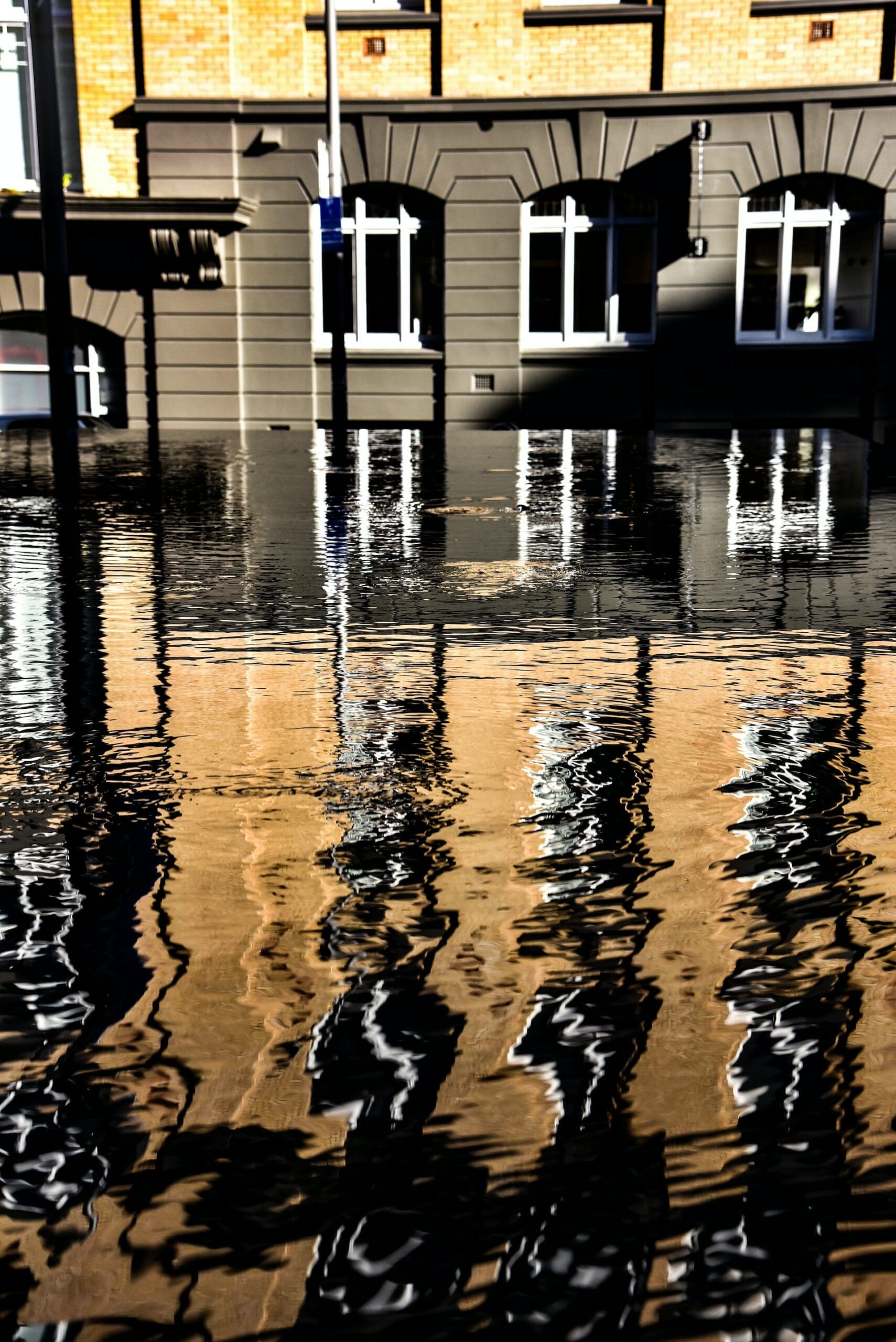In an unpredictable world, being prepared for potential disasters is not just a precaution—it’s a necessity. Natural calamities, accidents, and unforeseen events can strike at any time, potentially causing significant damage to your property. As property restoration experts, we’ve seen firsthand the devastating effects of inadequate preparation. This article will guide you through proactive steps to protect your property from various disasters, ensuring you’re ready for whatever challenges may arise.
Understanding the Risks and Assessing Your Property
Before implementing any preparation strategies, it’s crucial to understand the potential risks your property might face. These can vary depending on your location and the specific characteristics of your property. Common disaster risks include natural disasters like hurricanes, floods, and earthquakes, as well as man-made disasters such as fires and water damage from plumbing issues. Environmental hazards like mold growth and pest infestations should also be considered. Once you’ve identified these risks, conduct a thorough assessment of your property. This assessment should cover structural integrity, utility systems, outdoor spaces, and safety features. Consider hiring a professional inspector to ensure a comprehensive evaluation, as their expertise can uncover potential issues that might not be immediately apparent.
Implementing Preventive Measures
Based on your risk assessment and property evaluation, it’s time to implement preventive measures. For structural reinforcement, consider installing storm shutters or impact-resistant windows in hurricane-prone areas, reinforcing the roof with hurricane straps, and securing loose items in your yard. To prevent water damage, install backflow valves on sewer lines, elevate important equipment in flood-prone areas, and maintain gutters and downspouts regularly. Fire safety measures should include installing smoke detectors on every floor, keeping fire extinguishers accessible, and creating a defensible space around your property in wildfire-prone areas. These actions can significantly reduce the potential for damage in the event of a disaster.
Emergency Response Plan and Disaster Supply Kit
Even with preventive measures in place, it’s crucial to have a plan for when disaster strikes. Develop an emergency response plan that includes evacuation routes, emergency contact information, location of important documents, and shut-off procedures for utilities. Regularly review and practice this plan to ensure everyone knows what to do in a crisis. Additionally, build a disaster supply kit with essential items such as non-perishable food, water, first aid supplies, a battery-powered radio, flashlights, and important documents in a waterproof container. This kit will help you rely on your own resources for several days in the aftermath of a disaster.
Insurance Considerations and Regular Maintenance
Proper insurance coverage is a critical aspect of disaster preparedness. Review your policies regularly to ensure you have adequate coverage for potential risks, including homeowners or commercial property insurance, flood insurance, and earthquake insurance where relevant. Consult with an insurance professional to tailor your coverage to your specific needs. Lastly, ongoing maintenance is key to keeping your property resilient against disasters. Regularly inspect and clean gutters, check for signs of water damage or mold growth, test smoke detectors, and service HVAC systems. By creating and following a maintenance schedule, you can catch potential issues before they become major problems.
The Benefits of Proactivity
Preparing your property for potential disasters is a proactive approach that can save you time, money, and stress in the long run. By understanding your risks, implementing preventive measures, and having a solid plan in place, you can significantly reduce the impact of a disaster on your property. Remember, disaster preparedness is an ongoing process. Regularly review and update your plans and preparations to ensure they remain effective. While we hope you never have to face a disaster, being prepared will give you peace of mind and the best possible chance of protecting your property when the unexpected occurs.
As a new home owner, I couldn’t have asked for a better company. Lou and his team made my hard situation an easy and stress…Read More » a month ago via Google Alisha T We recently had major water damage in our home, affecting the entire kitchen, dining room, and basement. Louis from Upper Restoration showed up quickly, assessed…Read More » 2 months ago via Google Cathy Choi We recently sustained some damage to our roof and our central air system due to a storm. Upper Restoration had to open our ceiling to…Read More » 2 months ago via Google Chimere Luke I had the pleasure of working with Upper Restoration and their incredible team during a recent project for my home after a flood, and I…Read More » 8 months ago via Google Lewis James Lirosi



